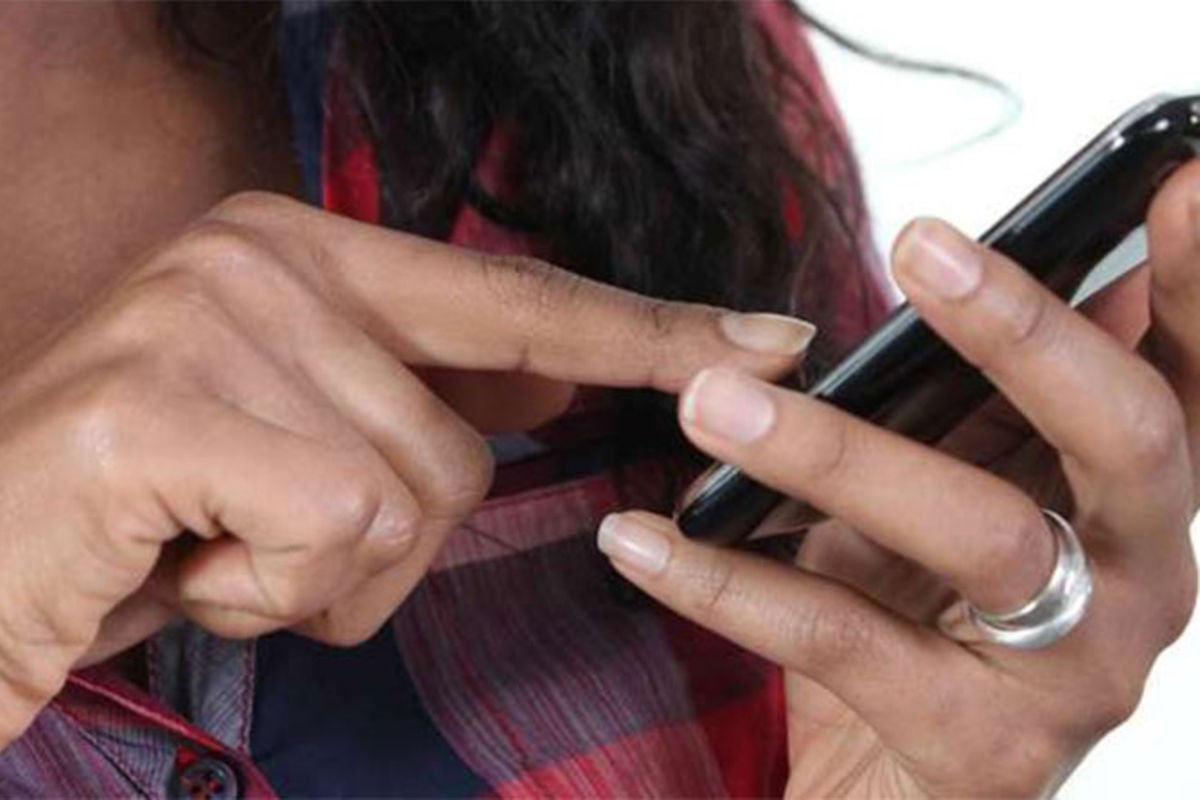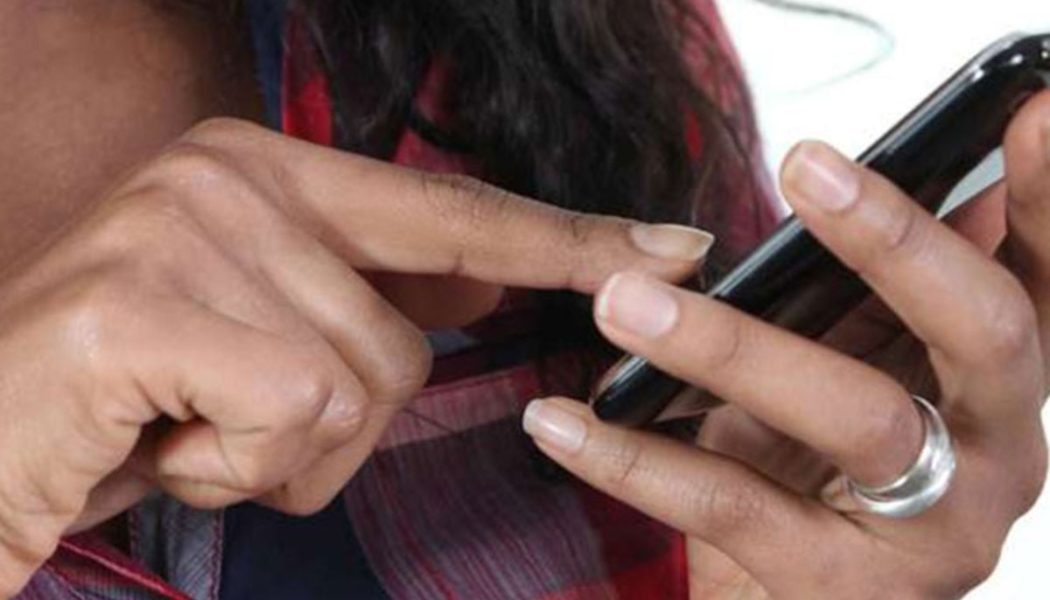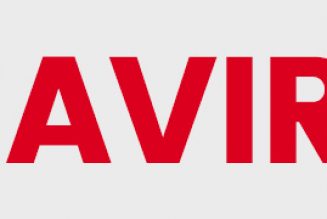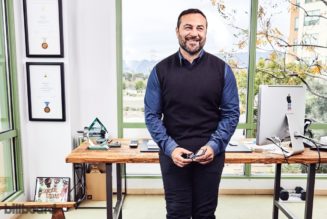
US-developed walkie-talkie-like app Zello posted record downloads in Kenya at the height of the youth-led protests, hitting highs of 40,000 between June 17 and June 25 as the Zoomer Generation (Gen Z) sought to dodge scrutiny from authorities during the mobilisation and coordination.
Data from mobile apps intelligence and analytics firm Sensor Tower indicates that Zello was the third most downloaded app on Apple’s App Store in Kenya from June 19 to June 24, while it held the fourth most downloaded position on Google Play Store on June 25, up from 45th position just 24 hours earlier.
A spot check shows that the app has registered over 100 million downloads on Google Play Store.
Developed by US engineer Alexey Gavrilov in 2007, the Zello app is a free resource that allows smart gadgets including smartphones, tablets, laptops, and desktop computers to be used as walkie-talkies connecting one to fellow users as well as a radio channel where large groups can converse regardless of distance.
The app requires an internet connection, either through Wi-Fi or a mobile data network, which if lost results in a communication breakdown.
Once installed in a device, the user is prompted to sign up for an account after which they can tap names from their contacts list.
They can then hold the microphone button to send a voice message just as it happens when sending WhatsApp voice notes.
If the receiving contact is not logged in or connected to the internet at the time the message is sent, they will hear it once they can access the app.
Users are also able to create or join channels that bring together multiple speakers (as happens with X Spaces), where a signal beeps intermittently every time a person is speaking.
The programme displays usernames while participants speak so it’s clear who said what.
Users can be able to share media files such as photos in addition to an eye tool that provides tracking and playback options.
Participants are also able to share the conversations from the channel to their various social media accounts.
A key plus for the app is its ability to coordinate things quickly because, unlike WhatsApp groups, messages are delivered instantly in a live conversation.
Zello has been historically used in logistics during emergencies and disaster management in several parts of the world.
In 2017, for instance, rescuers used Zello to find and save endangered people in the eye of a hurricane in Texas.
The app also featured prominently in Venezuela’s 2014 anti-government protests, allowing organisers to communicate anonymously.









